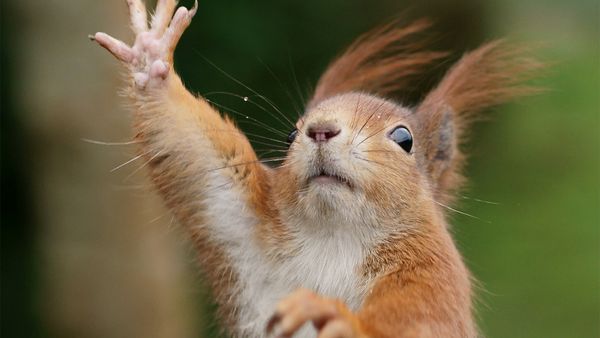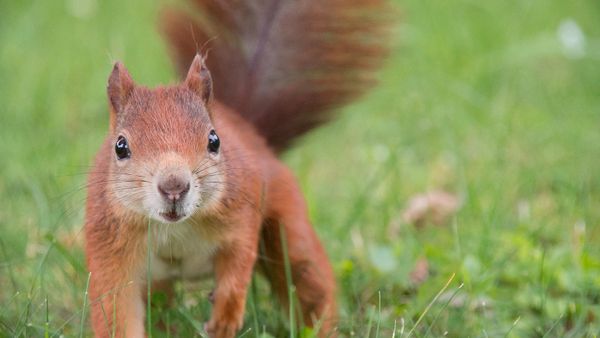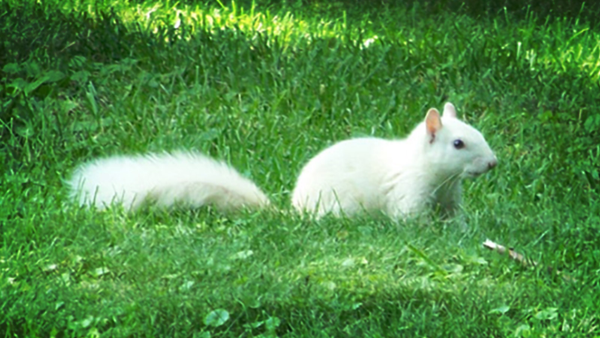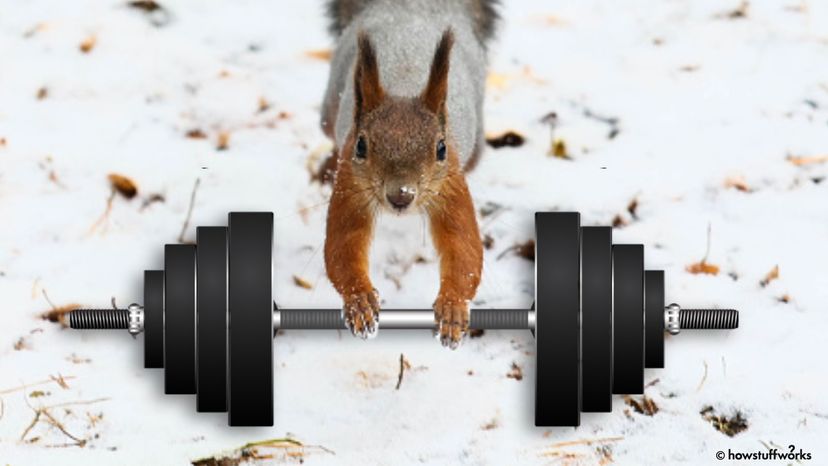
If you, a human, spent the entire winter snoozing in bed, it's very unlikely you'd be able to pop out your front door on the first balmy day of spring and run a 5K. That's because our muscles have some very specific rules, and one of them is "use it or lose it." It makes sense, right? Working a muscle lets our body know what's expected of it, so a human muscle develops pretty much exclusively through regular use and good nutrition.
This is not the case for all animals, however. Take the thirteen-lined ground squirrel (Ictidomys tridecemlineatus), native to the grasslands and prairies of the North American Midwest. This little ground dweller hibernates in the winter, but like most winter-sleeping mammals, it wakes up in the spring ready to hunt down grasshoppers with the athleticism of a lioness — no training period necessary.
Advertisement
A study published digitally on Jan. 27, 2022, in Science finds that the thirteen-lined ground squirrel is able to build some muscle, even when it's not getting exercise or taking in nutrients, with the help of a special friend: its gut bacteria.
Researchers in previous studies have noticed that the fat stores the hibernating ground squirrels industriously built up during the summer months began to decline sharply in February, and by the time they shuffled out of their burrows in April, they had lost about 40 percent of their body weight from the autumn before. The squirrels slept soundly, and their body temperatures plummeted to match that of their chilly little burrows, their metabolism dropping to around 1 percent of what it was in the summer months. However, toward the end of the winter, their leg muscles began to build new tissue.
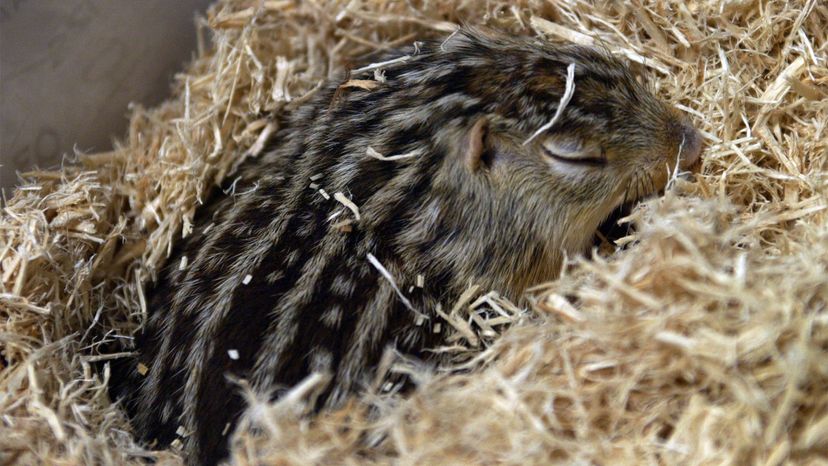
The study in Science set out to discover the mechanism that would allow animals that had been cut off from nutrients and movement for several months to build muscle. Scientists have known for some time there are ways for a body to create the nutrients needed to create muscle — it's sometimes seen in cattle and other ruminant animals. The process is called urea nitrogen salvage, and it allows the body to retain nitrogen that would otherwise be sent out into the world in the form of urine. Nitrogen is essential to making protein, which is essential to building muscle. However, this process requires something else: an enzyme called urease, which animals can't produce. But bacteria can.
The researchers found that in order to find nitrogen to make protein and build enough muscle so their hind legs aren't a couple of spaghetti noodles after a long winter's nap, the ground squirrels rely on specific gut bacteria. The bacteria make the urease that help the squirrels mine the urea in their bodies for nitrogen. The microbes benefit, too, by using the resulting nitrogen to build proteins they need.
Interested in whether humans might be able to build muscle without eating or working out? It turns out we have the ability — with the help of our gut bacteria, of course — to recycle a small amount of urea nitrogen. The researchers think this discovery might have therapeutic applications to help people stuck in bed due to an illness or injury, or to help astronauts retain muscle mass while hanging out in space.
Advertisement
